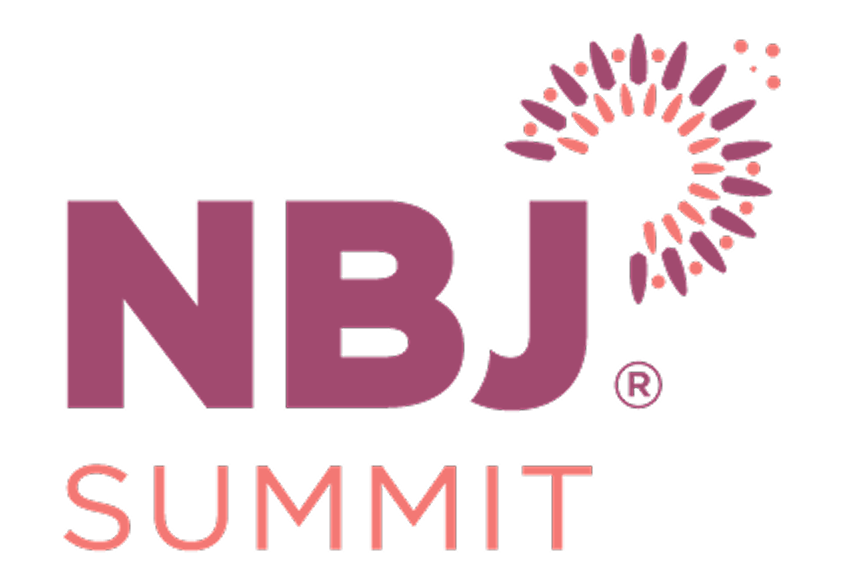Changes in C-Suite leadership have a significant impact on team members and organizations. But how often do we consider the impact that changes in corporate leadership can have on an industry? In a burgeoning industry like dietary supplements, new leadership often leads to corporate transformation, but also contributes a sea change within this industry. In the latest episode of Radicle Perspectives, our cofounder Pelin Thorogood had an opportunity to catch up with Loren Israelsen, dietary supplements industry OG, Founder and President of the United Natural Products Alliance (UNPA), to reflect on the past, present, and future of dietary supplements and the important role that corporate leadership plays in industry culture.
Israelsen offers three key attributes for new industry leaders, who are looking to make their mark, build their bottomline, and hopefully, bring a sense of higher purpose to our industry.
Develop Technical Experience
When it comes to changes in industry leadership, “One of the trends lines is the rapid turnover of executive leadership within the industry. While that’s normal and to be expected, what is new are the backgrounds of the C-suites,” said Israelsen. “Senior executives come from finance venture capital, law, and business-backgrounds. This leads to “drift” away from the shop floor, the lab, community engagement, and time with their consumers’. In particular, quality and analytical knowledge is weak, a Labs for Executive short course would open their eyes and in turn better decisions will follow about putting quality first.
Build Authenticity
When it comes to building and maintaining consumer trust, Israelsen highlights the importance of leadership authenticity. “Through no fault of their [new leader’s] own, they don’t know the history or the culture of the industry. Their personal touch to that of the consumer can be limited and fairly insulated. You can almost tell people by looking at them who experienced a personal moment that brought them to the industry. A personal health crisis, sudden death of a loved one, a first child being born, something big has happened to them and they ended up as a medical or health refugee and they are trying to find their way back,” observes Israelsen. “The foundation and origin stories of the industry founders is what unites us, not the causes that are motivated by money.”
Align Your Purpose with Your People
Israelsen sees being truly purpose-driven as a solution. “The C-suite community is purpose-driven, it’s called the bottom line, that is job 1. In working with non-profit peers, we can tell and feel when a dietary supplements company is being readied for sale and when it is ultimately purchased. The lights begin to go out and they begin to stop supporting the industry to optimize the EBITDA,” said Israelsen. “This is damaging to the core of the industry. People and consumers are looking for a culture that they want to be a part of. Abandoning that commitment is a subversion of trust. The shaman was never paid to heal people. The tribe took care of them as it was believed that money would poison the insight and the inspiration to the healing powers. The fundamental belief of the natural product tradition is the law of the commons, the belief that everyone shares in the stewardship of resources. Respecting, contributing, and maintaining the common good is the collective responsibility of the industry.”
Whether undergoing a leadership change or being newly appointed to an executive role in the dietary supplement industry, consider and remember the long-term ramifications of your role and the legacy created. Whether mission, bottom-line focused, or both, the long-term viability of the industry requires our shared commitment to the common good.


